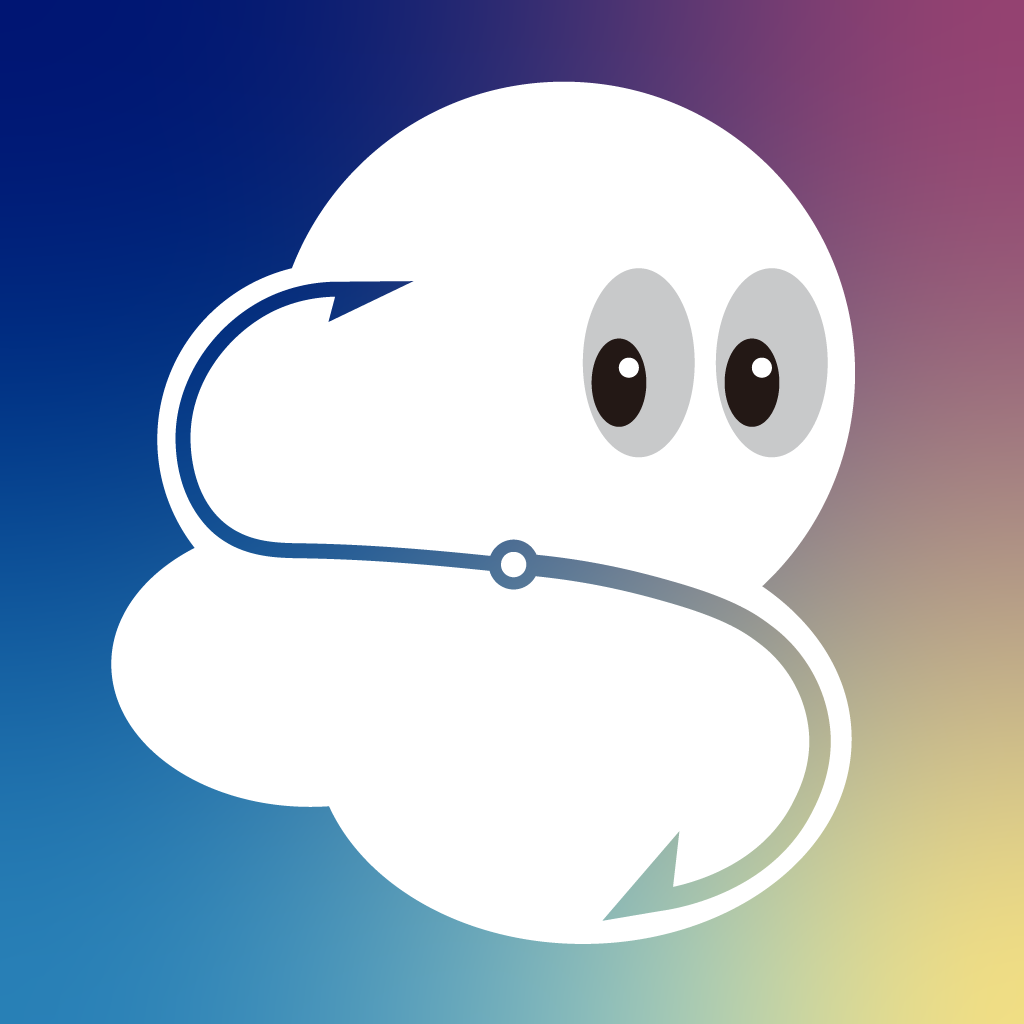What We Want to Achieve with Time Rich and Future Activities
Here, we'll discuss what we want to achieve with "Time Rich" and our future activities.
Table of Contents
- We spend an average of four hours a day using smartphones
- The brain loves "new" and "maybe."
- Social media decreases life satisfaction.
- In free-to-use smartphone apps, we ourselves are the commodity
- Silicon Valley is full of guilt
- What "Time Rich" wants to achieve
- We want to habituate a life not dependent on smartphones
- Characteristics of "Time Rich"
- We focused on simplicity
- Unblocking requires mindful action.
- We do not include distracting features
- Please look forward to our future activities.

We spend an average of four hours a day using smartphones
The first thing we do when we wake up is reach for our smartphones. The last thing we do before bed is place our smartphones on the bedside table. We touch our smartphones more than 2,600 times a day on average, picking them up about once every 10 minutes. It's not just during waking hours—nearly one in three people, and half of those aged 18 to 24, check their smartphones at least once during the night. Smartphones are sometimes likened to our latest drug, leading us into addiction, which in turn contributes to various societal issues such as sleep disorders, depression, decreased memory and concentration, and lower academic performance.
*For more details, I recommend reading the book "Insta-Brain". The following text is based on this book.
The brain loves "new" and "maybe."
In human evolutionary history spanning six million years, the era of hunting and gathering has dominated, with the popularity of smartphones and the internet emerging only in the last 10 to 20 years. Hence, it can be said that our current lifestyle has abruptly changed in the blink of an eye. Consequently, our brains are still optimized for the mechanisms of the hunting and gathering era.
It's no wonder that humans crave knowledge. Understanding our surroundings deeply increases our chances of survival. Today, this craving is directed towards new knowledge and information brought to us by smartphones. Each time we flip through smartphone pages, our brains release dopamine, making us addicted to clicking. Interestingly, we're often more engrossed in the next page than the one we're currently reading.
The primary task of dopamine is to provide humans with motivation to act. In most cases, hearing a notification sound increases dopamine more than actually reading emails or chats. Feeling a strong urge for something important, we pick up our smartphones with a thought of "just taking a quick look," frequently doing so every 10 minutes while awake.
Social media decreases life satisfaction.
Social media platforms like Facebook, Instagram, Snapchat, X, and TikTok also induce a desire to check for important updates or likes. They exploit the reward system by satisfying our digital approval desires. The mechanism resembles that of playing just one more game of poker, striving to win. Essentially, this leads to addiction. These companies employ behavioral and neuroscientists to ensure their apps effectively target the brain's reward system, maximizing dependency.
They could have prevented sleep disruption, facilitated physical activity, and avoided spreading misinformation. In terms of profitability, they've undoubtedly succeeded in hacking our brains. Consequently, we spend more and more time on social media, reducing time spent on other activities.
A study involving nearly 2,000 Americans revealed that frequent social media users often feel loneliness. Another experiment involving over 5,000 people found that real-life social interactions increased happiness, while more time spent on Facebook decreased it.
On the internet, there are people who are better, smarter, cooler, richer, or more successful than us in every dimension. It's not surprising that this constant comparison affects our mental health.
In free-to-use smartphone apps, we ourselves are the commodity
Products of apps like Facebook, Instagram, Snapchat, X, and TikTok allow us to freely share messages, images, and videos, satisfying our digital approval desires. Their product is our attention, which they aim to sell to various advertisers, maximizing the amount of time taken from us (to sell ads).
Silicon Valley is full of guilt
The creator of Facebook's "like" feature limits his own Facebook use and has stopped using Snapchat. This is because addiction is said to be comparable to heroin. Tony Fadell, who was involved in developing iPods and iPhones at Apple, also expressed his concerns, saying, "I wake up sweating. What have we created? My kids look at me as if I'm trying to steal a part of them when I try to take away their screens. And they get emotional. Intensely. Then they go numb for days."
Even the famous Steve Jobs said, "I don't even keep an iPad next to me at home. I strictly limit screen time." Bill Gates reportedly didn't allow his children to have smartphones until they turned 14.
I'm a software engineer myself. I believe that those of us in IT companies, including myself, should be aware that what we do may potentially harm people's health.
What "Time Rich" wants to achieve
"Time Rich" has the slogan "Time is Money. Be Time Rich." We want to live healthy and happy lives, and our time is limited.
Smartphones pose various challenges such as blue light and social comparison via SNS, but their biggest challenge is stealing our time.
Reclaim the time stolen by smartphones to talk with family and friends, exercise, sleep soundly, and live healthier and happier lives.
We want to habituate a life not dependent on smartphones
It is said that "95% of human thinking and behavior is unconscious." Even if we know we will gain weight, we will eat. Even if we know we need to sleep, we stay up late. Even if we want to exercise, we end up being lazy.
This is my personal experience as well, as I am also prone to addiction. To break free from addiction, habituation is key. It's about consistently doing small things little by little. Even if 30 minutes of jogging every morning seems tough, one minute of walking every morning feels achievable. Once you establish a habit of going outside in the morning, eventually jogging for 30 minutes won't seem difficult anymore.
Similarly, why not start by setting aside just one hour a day when you don't use your smartphone? I recommend doing this before bedtime. Improving the quality of sleep by avoiding smartphone use before sleep. For example, I personally limit all apps except Audible (for listening to books during walks) and Spotify (for playing background music during work) to "22:00-6:00" every day. When I sleep, my smartphone is in a room separate from my bedroom. By physically not being able to touch my smartphone even if I'm concerned about it, the quality of my sleep has clearly improved. Also, to avoid getting tired during work breaks, I also limit "9:00-18:00" on weekdays in the same way. This has allowed me to focus more on work.
While smartphones suffice for most things nowadays, once I open my smartphone to stop the alarm, I end up checking SNS smoothly. What should I do in that case? You should put an old-fashioned alarm clock that turns off the alarm.
Characteristics of "Time Rich"
There are several apps with similar functions in the world, but "Time Rich" has the following characteristics. Please check here for specific usage.
We focused on simplicity
- You can set which apps and websites to block globally — no need to reselect them for each block type.
- Starting a Quick Block takes just one tap after launching the app.
- Scheduled Blocks can be added by simply choosing “Everyday” or specific days of the week and setting the time range.
- Time Limits let you set a daily usage cap for selected apps.
That’s it. These are the core features. No complicated settings. No clutter.
Unblocking requires mindful action.
- To lift a block, you must transcribe a quote about the value of time — perfectly, character by character.
- You’ll also write a short message to your future self.
- This process helps you pause, reflect, and rebuild better habits around screen use.
We do not include distracting features
- We do not send push notifications. Please only open your smartphone when you really need it.
Please look forward to our future activities.
"Time Rich" is our first achievement. Since mental health and sleep improvement require exercise, we are currently planning an app that will encourage exercise. We also hope to expand Time Rich internationally in the future. We plan to continue expanding with more new features, apps, and services. Please support us! If you have any requests, please feel free to contact us anytime from here.
